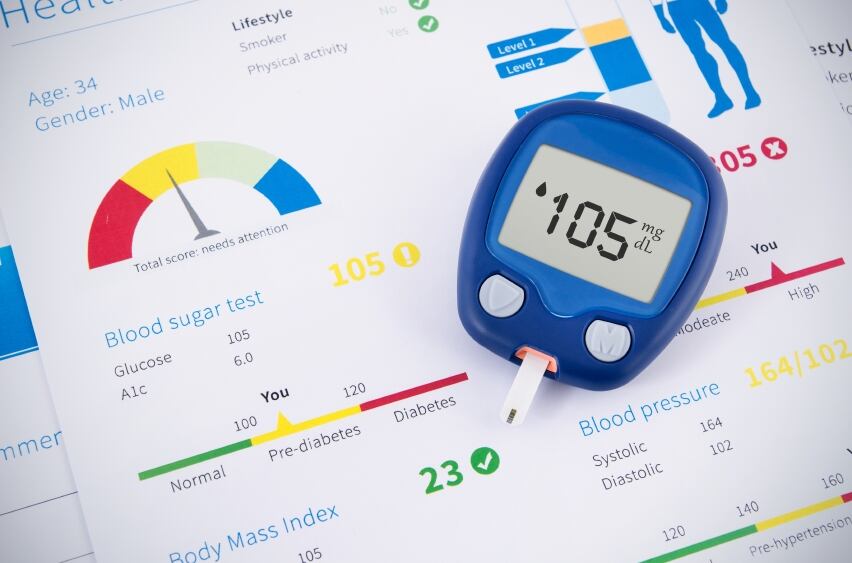Scientists from the University of Oslo report that anthocyanins and procyanidins and some of their metabolites may boost the uptake of glucose and oleic acid uptake in skeletal muscle cells.
“The skeletal muscle plays an important role in blood glucose control and storage and utilization of glucose,” they explained in the Journal of Agricultural and Food Chemistry.
“Increased levels of plasma free fatty acids (FFA) are associated with cardiovascular diseases. Thus, substances that stimulate glucose and fatty acid uptake in the skeletal muscles play an important role in the blood glucose homeostasis.”
Elderberry
The potential health benefits of elderberry are well-known. A book called The Anatomy of the Elder written by Dr Martin Blochwich in 1644 was reportedly conceived as a reference guide for medical practitioners who lived in the countryside or villages of Europe. It is said to be one of the earliest medical text books to be printed for educational purposes.
Much of the attention around elderberry has focused on its potential immune health benefits. A paper published in Nutrients in 2016 indicated that supplementation with a standardized elderberry extract may reduce the duration and symptoms of the common cold for air travelers.
The new study explored the potential of elderberry extracts to control blood glucose.
“To our knowledge, this is the first report giving an overview of phenolic elderberry extracts, anthocyanins, procyanidins, and metabolites with antidiabetic properties,” wrote the Oslo-based scientists. “These properties may increase the nutritional value of elderberries and qualify the use as a functional food against diabetes.”
However, the findings are based on data from in vitro experiments, and therefore additional research needs to confirm these findings in vivo, said the researchers.
Study details

Human skeletal muscle cells were treated with phenolic elderberry extracts, anthocyanins, procyanidins, and their metabolites, and the results indicated that the best results were obtained for the extracts prepared using ethanol and methanol.
The greatest increase in uptake of glucose and oleic acid by the cells were observed with cyanidin-3-glucoside and cyanidin-3-sambubioside, said the researchers.
Among the metabolites, the best results were obtained from phloroglucinol aldehyde, they added.
“Isolated anthocyanins and procyanidins are strong radical scavengers and are good inhibitors of 15-lipoxygenase and moderate inhibitors of xanthine oxidase,” wrote the researchers. “As alpha-amylase and alpha-glucosidase inhibitors, they are considerably better than the positive control acarbose.
“The antidiabetic property of elderberry phenolics increases the nutritional value of this plant and indicates potential as functional food against diabetes.”
Source: Journal of Agricultural and Food Chemistry
Published online ahead of print, Article ASAP, doi: 10.1021/acs.jafc.6b05582
“Phenolic Elderberry Extracts, Anthocyanins, Procyanidins, and Metabolites Influence Glucose and Fatty Acid Uptake in Human Skeletal Muscle Cells”
Authors: Giang Thanh Thi Ho et al.

